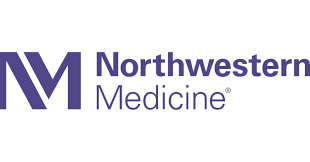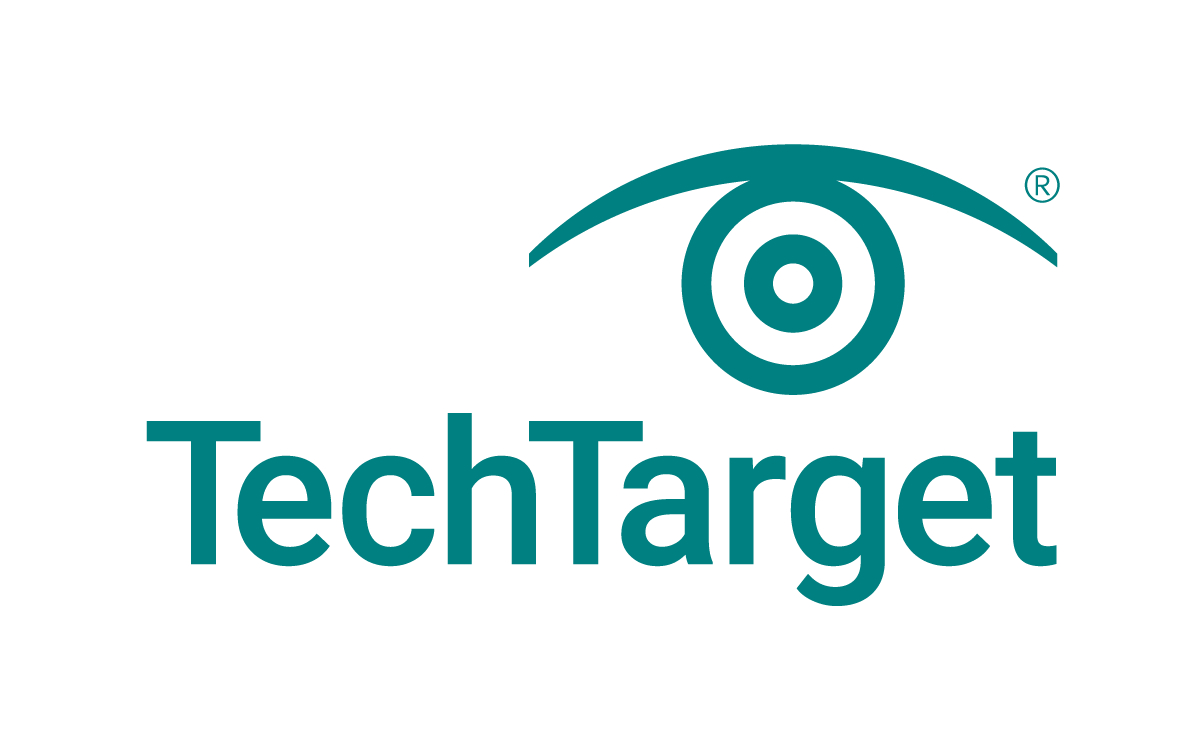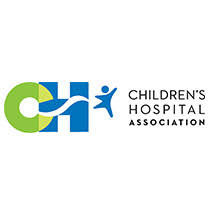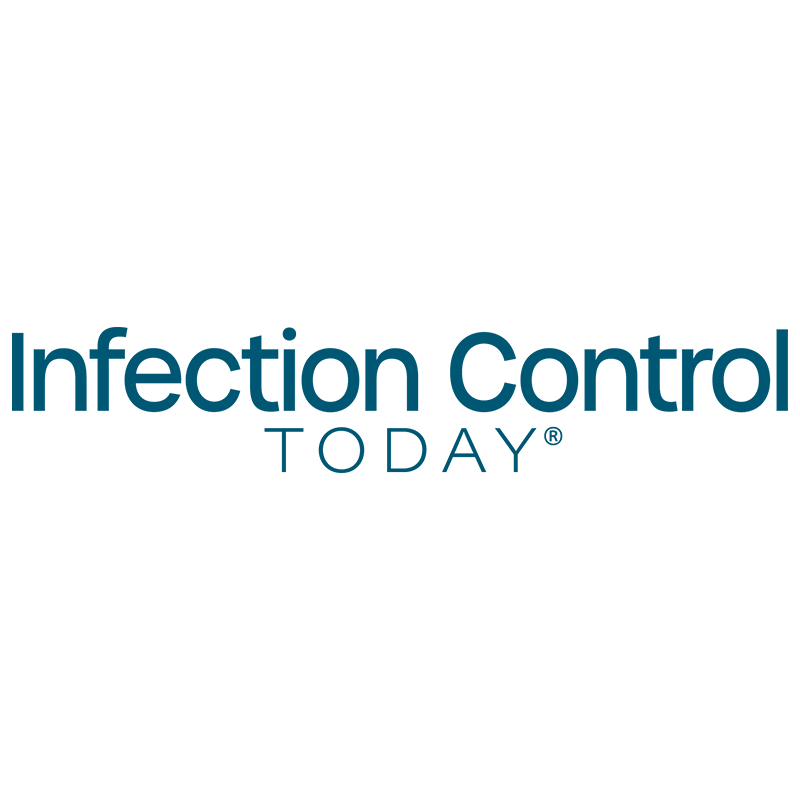
Editor's Note Surgery Partners’ high debt load and sluggish acquisition pace are forcing a strategic recalibration that could constrain future growth and investor returns, Simply Wall St October 9 reports. The company’s rising interest expenses, weaker-than-expected sales, and limited free cash flow are prompting concerns about its ability to sustain…

Editor's Note The American College of Surgeons (ACS) has launched a new online tool that helps patients and families locate hospitals recognized for delivering high-quality surgical care, according to an August 26 ACS announcement. The “Find a Hospital” tool highlights facilities that have earned ACS accreditation or verification through an…

What happens when a veteran perioperative leader walks away from the 24/7 responsibility of hospital operations, but not from the work she loves? For Stephanie Davis, MSHA, RN, CNOR, CSSM, former vice president of surgical services at HCA Healthcare, it meant reshaping her role from full-time healthcare executive to expert…

Editor's Note One in 10 older adults and one-third of the highest risk patients are discharged to post-acute care facilities after major surgery, driving up costs and worsening outcomes. According to the American College of Surgeons (ACS) in an August 25 release on a Journal of the American College of…

Editor's Note Consumer wearables can help detect surgical complications in children days before formal diagnosis, according to a July 9 article from the Feinberg School of Medicine at Northwestern Medicine. The article focuses on a study published in Science Advances and led by researchers at Northwestern University, Shirley Ryan AbilityLab,…

Editor's Note Hospitals achieved a substantial reduction in mortality risk for surgical inpatients between 2019 and 2024, even as patients grew sicker and stayed longer, according to a report released August 5 by the American Hospital Association (AHA) and Vizient. In the first quarter of 2024, hospitalized surgical patients were…

Editor's Note A mixed reality navigation (MRN) system for neurosurgery achieved performance comparable to traditional optical navigation (TON) in certain clinical scenarios, while significantly reducing equipment costs, according to an August 1 study published in BMC Surgery. The MRN system, built around a Microsoft HoloLens headset and infrared tracking tools,…

Editor's Note Nearly half of hospital harm events—particularly surgical events—were not captured by reporting systems, according to a July 30 TechTarget report on new findings from the Office of Inspector General (OIG). The OIG report examined 299 harm events experienced by a nationally representative sample of 770 Medicare patients discharged…

Editor's Note Designating underused neurosurgery blocks for straightforward ENT procedures increased surgical volume and reduced wait times at UCSF Benioff Children’s Hospital San Francisco, according to a July 3 report from the Children’s Hospital Association’s 2025 Transforming Quality Conference. The initiative began in early 2024, when ENT leaders and surgical…

Editor's Note AI-enabled sensors, smart surveillance systems, and predictive analytics are advancing perioperative workflows while helping prevent breaches that can lead to surgical site infections (SSIs). This is the primary takeaway of a July 15 Q&A with Herman DeBoard, PhD, CEO of Huvr Inc., in Infection Control Today. As detailed…